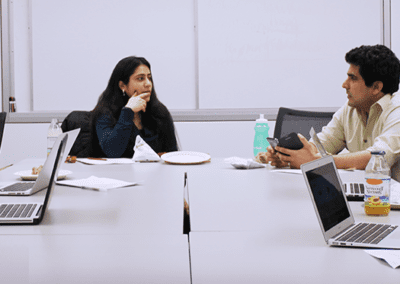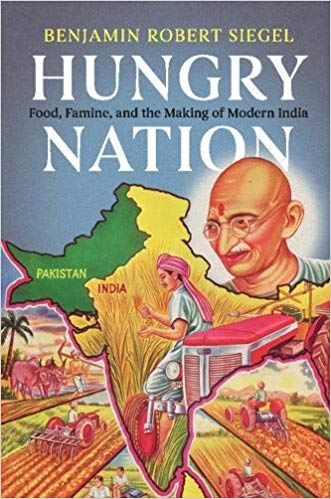TestPage
SubheadingSection Name
Lorem ipsum dolor sit amet, consectetur adipiscing elit. Aliquam justo lectus, ultrices et luctus et, dictum et erat. Suspendisse at tellus sagittis, condimentum metus vel, fermentum libero. Sed pharetra mauris et justo ornare rutrum. Aliquam sodales lorem ut ipsum vehicula faucibus. Proin ornare ullamcorper condimentum. Curabitur at felis faucibus, sodales elit dapibus, fringilla purus. Vivamus eu sagittis est. Nulla a placerat metus. Nulla tincidunt lorem lorem, id sollicitudin arcu malesuada ac. Suspendisse laoreet imperdiet elit eget fermentum. Quisque vitae rhoncus purus. Nulla semper fringilla orci, sit amet bibendum massa fermentum sit amet. Donec aliquam felis eget hendrerit pellentesque. Proin at erat nisl. Proin porta varius odio, quis luctus eros pellentesque finibus.
Title1
j2lfh2fk 2lfh
Title1
j2lfh2fk 2lfh
Title1
j2lfh2fk 2lfh
Nunc feugiat lectus urna, in rutrum risus tempus eget. Cras at ante ut orci pharetra placerat. Nam pulvinar, lacus nec consequat tincidunt, arcu est gravida libero, eget lacinia velit nisi id tortor. Donec cursus felis at enim faucibus feugiat. Nulla nec lacus at lorem consequat gravida. Vestibulum ante ipsum primis in faucibus orci luctus et ultrices posuere cubilia Curae; Maecenas malesuada dui at dolor cursus eleifend. Sed fringilla, urna pretium sodales tempus, augue tortor volutpat urna, quis pretium justo mauris efficitur leo. Pellentesque fermentum dapibus interdum.

Improving COVID-19 Data Reliability to Prioritize Front-Line Needs
The response to the COVID-19 pandemic has saturated our society with massive amounts of data, from location data that measures social distancing efforts to apps, graphs, and charts modeling future trends or helping you assess your symptoms, all accessible at the click of a button. A recent article published in the Harvard Business Review, “Which Covid-19 Data Can You Trust?,” delves into the various technological solutions that have emerged in the face of the pandemic and the potential they pose to provide unreliable information to the populace and policymakers. More than ever, it has become essential to increase engagement between subject-matter experts and decision-makers to manage the reliability of COVID-19-related data moving forward.
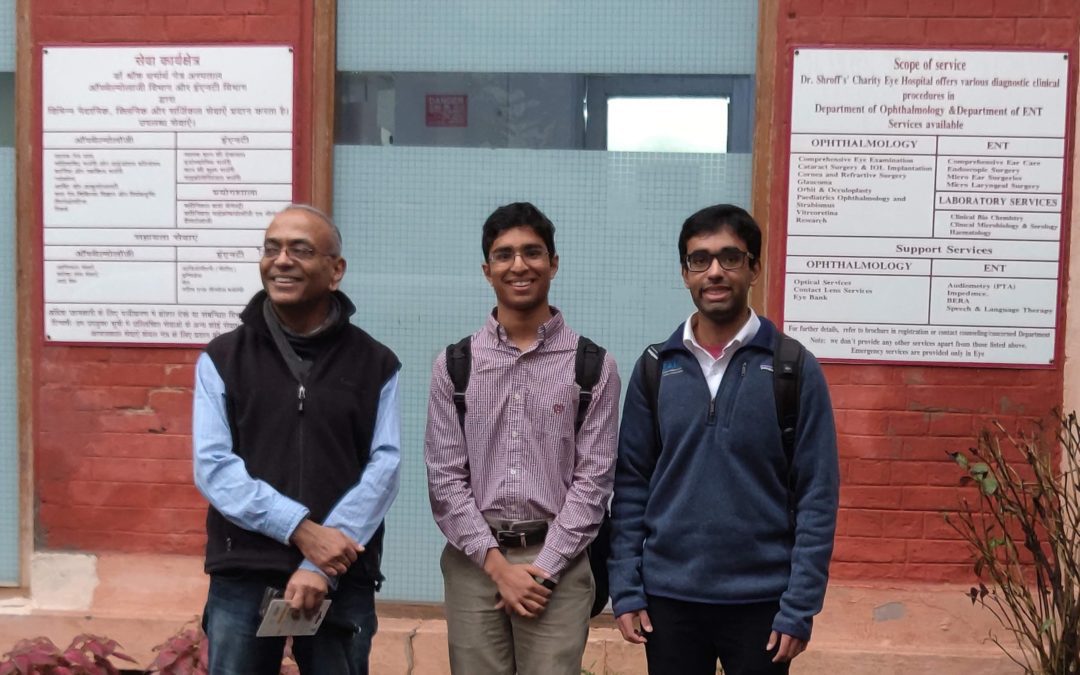
Exploring the Next Frontier of MedTech
This past winter break, with the support of the Mittal Institute, my classmate Jay and I ventured on a three-week journey through India. We hopped on a 16-hour flight from JFK to Mumbai the night after our last final, excited to hit the ground running. I couldn’t have imagined how enriching and fun our adventure would turn out to be. We were traveling to South Asia to meet with engineers, clinicians, and entrepreneurs to discuss medical technology innovation.
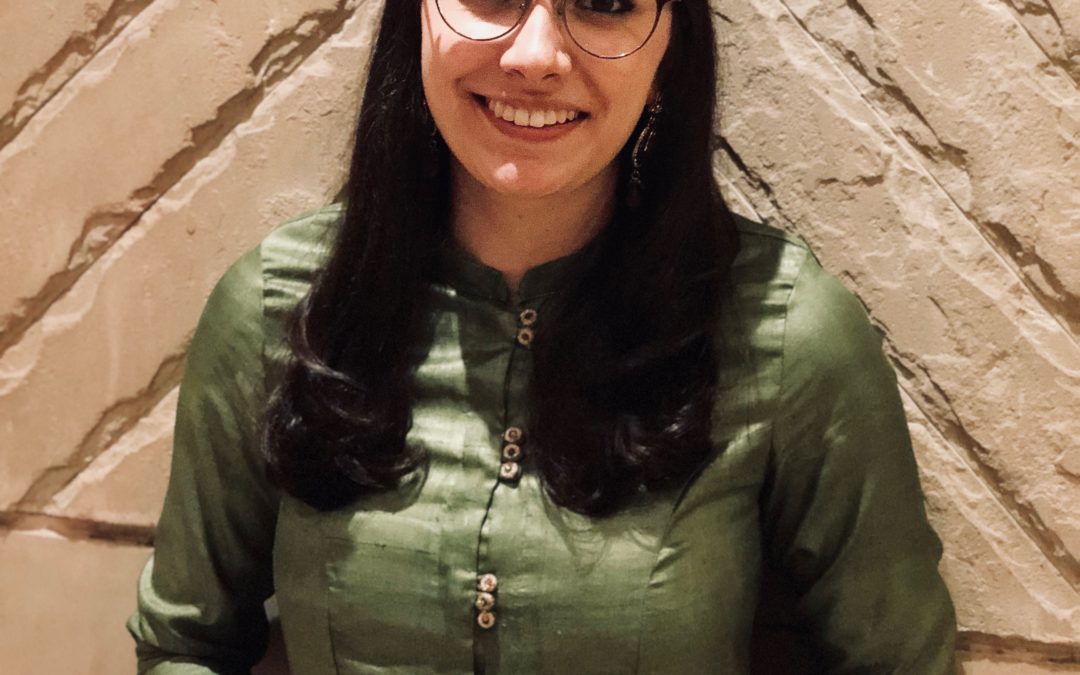
Intern Spotlight: Alex Sanyal
The Mittal Institute’s interns come from diverse places and backgrounds, yet each share the drive and ambition to serve their communities and perform research to advance the greater good of our increasingly linked world. Their unique experiences and skills have been invaluable to our team, and we’d like to take the time to recognize and thank our graduating seniors. Although they will not be walking, it is more important than ever to share their stories and accomplishments. Introducing: Alex Indira Sanyal! A Boston native, Alex will be graduating this month with a Masters in Design Studies (MDes) in Critical Conservation from the Harvard Graduate School of Design. We caught up with Alex to learn more about her experience as a graduate student at Harvard, and how her graduate research and life as a student have been affected by the COVID-19 pandemic.

Video: The Science Behind COVID-19
The Mittal Institute’s latest panel webinar, “The Science Behind COVID-19,” was moderated by Dr. Jennifer Leaning, Professor of the Practice of Health and Human Rights at Harvard T.H. Chan School of Public Health. Together, the panelists provided a deeper understanding of the science behind the COVID-19 virus, exploring the place of science in the COVID-19 response, and new methods of tracking transmission of the virus throughout South Asia through the use of mobile network data.
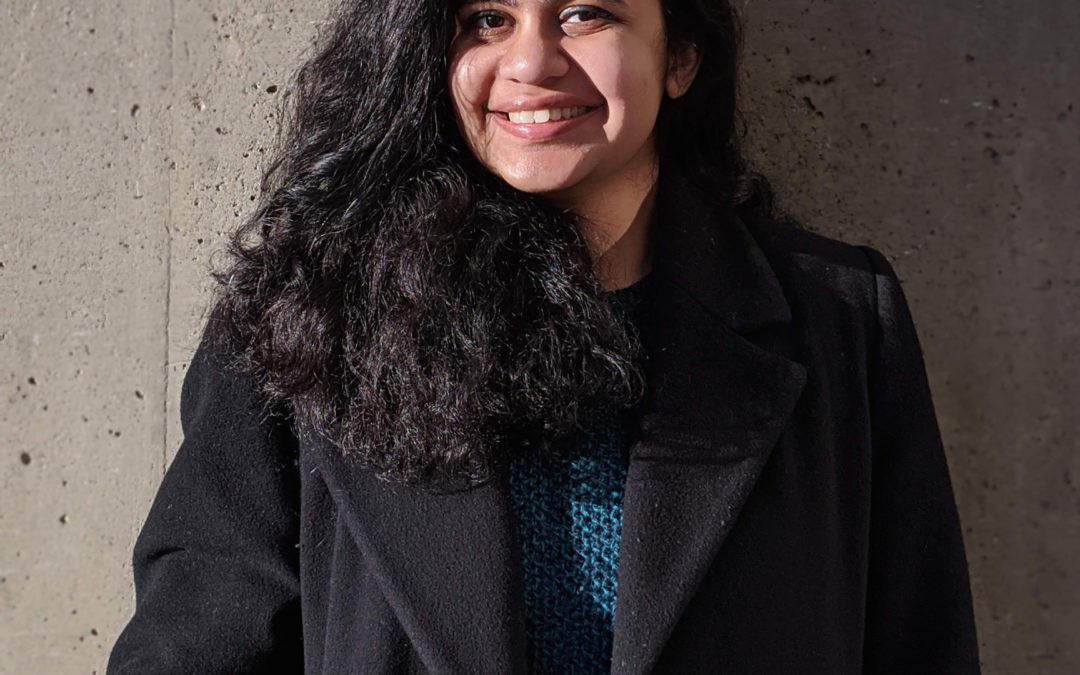
Intern Spotlight: Yashada Wagle
Coming from diverse places and backgrounds, the Mittal Institute’s interns offer unique experiences and skills that have been invaluable to our team. Please join us in taking the time to recognize and thank our graduating seniors. Although they will not be walking, we’d like to give them a stage upon which to share their story and accomplishments. Introducing: Yashada Wagle! Yashada will be graduating with a Masters in Design Studies (MDes) from the Harvard Graduate School of Design. She came to Cambridge two years ago from her home in Pune, India.
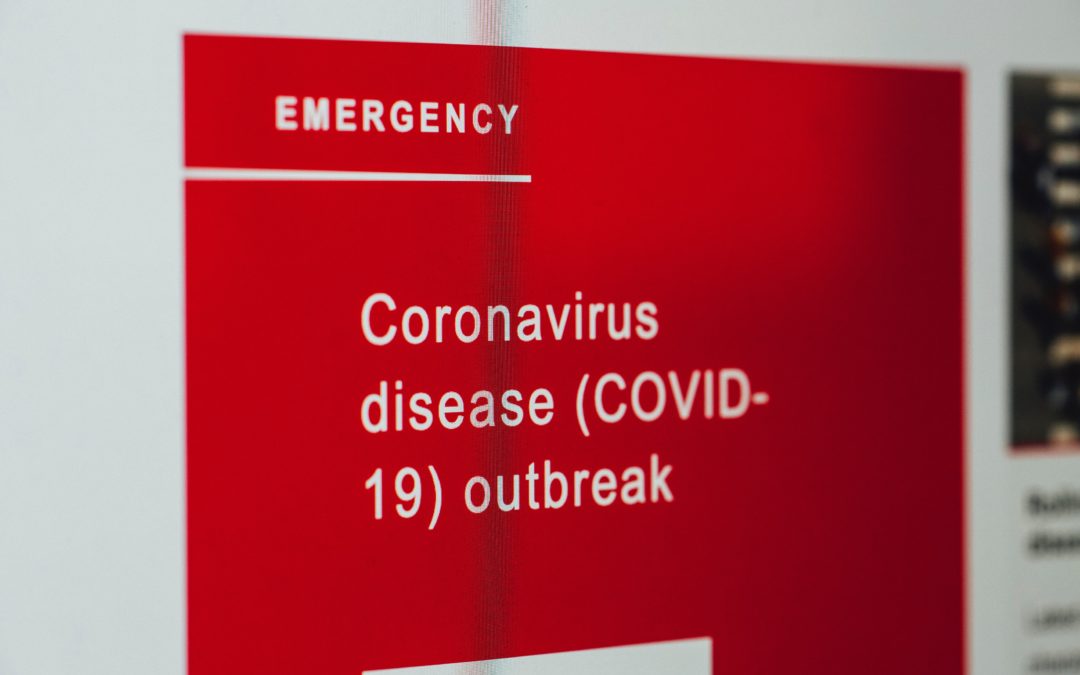
Video: The Response to COVID-19 in South Asia
Last week, the Mittal Institute held a panel webinar, “The Response to COVID-19 in South Asia,” moderated by Dr. Vikram Patel, Pershing Square Professor of Global Health at Harvard Medical School. Together, the panelists discussed the impact of the policy response to COVID-19 on the ground in South Asia, considering whether or not the policies are proportionate and appropriate — and what consequences they might have.
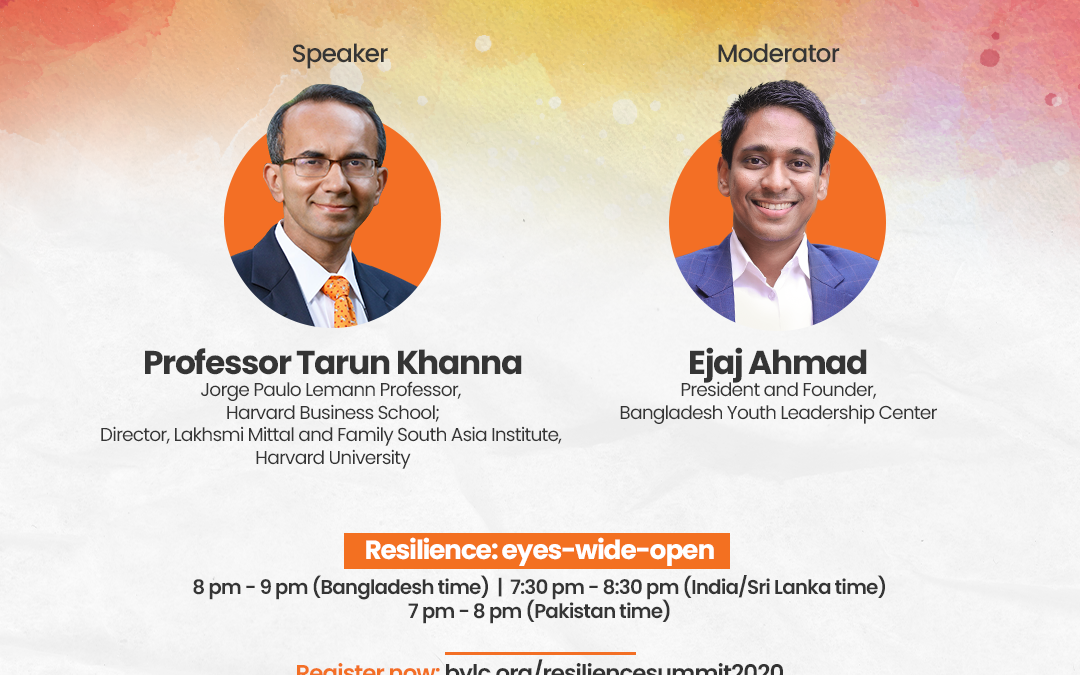
Confronting the Economic Challenges of COVID-19
Recently, Dr. Tarun Khanna, Jorge Paulo Lemann Professor at the Harvard Business School and the Director of the Mittal Institute, addressed an online audience of more than 15,000 youth at the South Asia Youth Resilience Summit organized by Bangladesh Youth Leadership Center (BYLC).

Shedding Light on Economic Performance in South Asia
Imtiaz ul Haq is a Financial Sector Consultant at the World Bank and a Research Affiliate at the Mittal Institute, formerly a Fellow at both the Mittal Institute and the Gui2de Initiative at Georgetown University. Previously, he was an Assistant Professor of Economics at the Lahore University of Management Sciences. He holds a Ph.D. in Finance from the University of Manchester. In this article, ul Haq delves into a new, unconventional method to measure economic performance in South Asia.
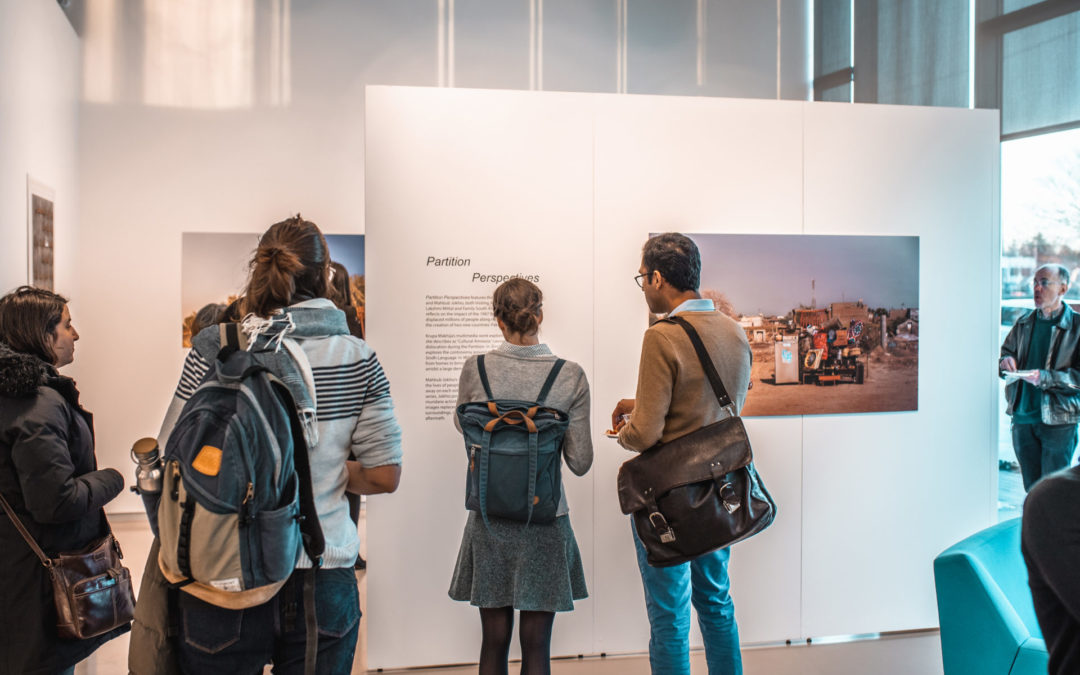
Apply for the Fall 2020 and Spring 2021 Visiting Artist Fellowships
Applications for the Fall 2020 and Spring 2021 Visiting Artist Fellowship semesters open on Monday, April 13, 2020. The deadline to apply for the both semesters of the fellowship is Monday, May 11, 2020. For more information, click the button below.

Spring Webinar Series: COVID-19 in South Asia
The Mittal Institute team is excited to announce our upcoming Spring Webinar Series! Through webinars that can be accessed around the world via Zoom, we’ll be bringing Harvard faculty and in-region experts into your homes to speak about the latest developments and potential impacts of COVID-19 in South Asia.
Nunc feugiat lectus urna, in rutrum risus tempus eget. Cras at ante ut orci pharetra placerat. Nam pulvinar, lacus nec consequat tincidunt, arcu est gravida libero, eget lacinia velit nisi id tortor. Donec cursus felis at enim faucibus feugiat. Nulla nec lacus at lorem consequat gravida. Vestibulum ante ipsum primis in faucibus orci luctus et ultrices posuere cubilia Curae; Maecenas malesuada dui at dolor cursus eleifend. Sed fringilla, urna pretium sodales tempus, augue tortor volutpat urna, quis pretium justo mauris efficitur leo. Pellentesque fermentum dapibus interdum.

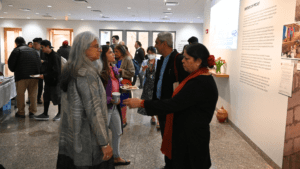
Caption here
Welcome to The Lakshmi Mittal and Family South Asia Institute at Harvard University! We are dedicated to exploring the rich and diverse cultures of South Asia through research, education, and engagement. Our institute brings together scholars, students, and practitioners to foster innovative thinking and collaboration. Discover our wide range of programs, events, and resources that celebrate the vibrant tapestry of South Asian heritage. Join us on this exciting journey of knowledge and discovery!
